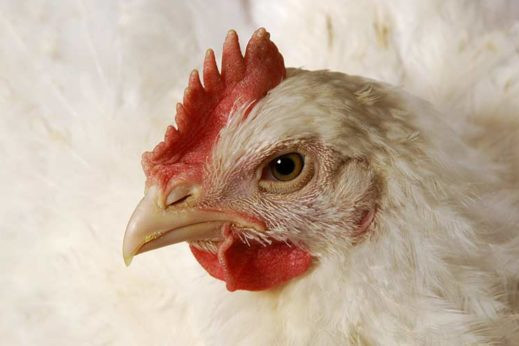Chickens far smarter than previously thought

Chickens are not “bird-brained” or clueless, but just as emotionally, socially and cognitively complex as most other birds and mammals, researchers have found.
A study of peer-reviewed research found chickens displayed the same communicative and social behaviour, including Machiavellian-like social interactions, found in other animals regarded as highly intelligent.
They also know their place in the pecking order and can reason by deduction, which is an ability humans learn at the age of seven.
Among the findings were:
- Chickens have complex negative and positive emotions as well as shared psychology with humans.
- Chickens perceive time intervals and may be able to anticipate future events.
- Chickens have distinct personalities.
- Chickens have the capacity to reason and make logical inferences.
- Chickens can demonstrate self-control and self-assessment.
- Chickens possess a number of visual and spatial capacities.
The study, published in the journal Animal Cognition, found chickens are able to remember the trajectory of a hidden ball for up to three minutes if they see the ball bouncing up and down, and up to one minute if the displacement of the ball is invisible to them. This understanding is similar to many primates.
The review also highlighted that chickens possess self-control when it comes to declining an offer of food in return for a better reward. They are able to self-assess their position in the pecking order and experience fear, anticipation and anxiety.
Author Lori Marino, founder and executive director of the US-based Kimmela Centre for Animal Advocacy, said she hoped the findings would change people’s perception of the intelligence of poultry.
“A shift in how we ask questions about chicken psychology and behaviour will, undoubtedly, lead to even more accurate and richer data and a more authentic understanding of who they really are,” she added.












